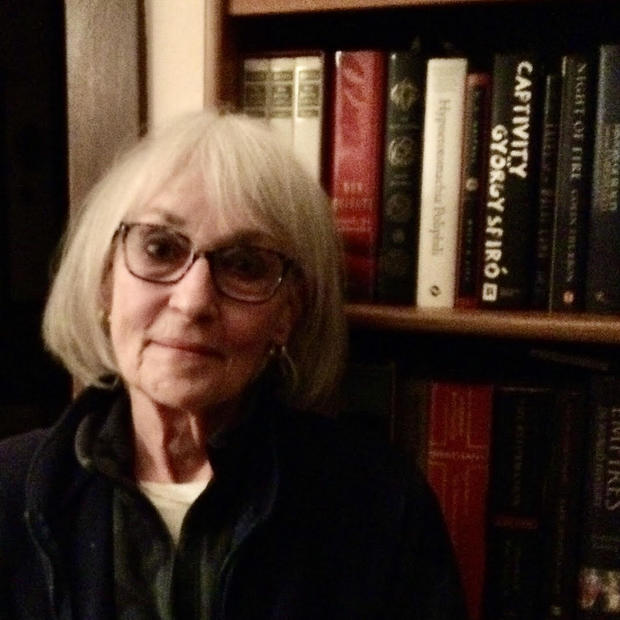The budgetary ax has loudly thunked into Washington state's flagship university. The state is one of seven without an income tax, and the public won't let prisons be closed or K-12 education be starved. It's also harder for the legislature to restrict funding for community colleges when every lawmaker has one in his or her district, making such cuts politically risky for the local rep.
The University of Washington, on the other hand, belongs to us all. And so one of the finest public universities in the nation has lost 33 percent of the state funding it had 15 months ago — a total of $134 million.
In Sunday's Chronicle of Higher Education (Aug. 29) Paul Fain analyzes the the UW's vulnerable position in contrast, for example, to Washington's community colleges. There, the state through fluctuations over the past 10 years has increased its support 28 percent overall, while at the UW during the same decade, funding ups and downs have resulted in an overall decline of 12 percent.
In many respects, writes Fain, the UW's success in landing research dollars has wound up costing it dearly. It's the No. 1 public university in the nation in terms of federal grant-getting power and success, but most of this money ends up in such coffers as the UW Medical School's, where it provides no support for undergraduate education.
Still, the state looks at this revenue stream and the things it buys (a new molecular-engineering building is being constructed on the still-beautiful campus) and says, essentially, "What do you need us for?" Fain quotes Randy Hodgins, UW vice president for external affairs, as saying, "Our success is what's doing us in."
With money so short, the quality of the undergraduate educational experience is sinking, according to Fain's report. Students face larger class sizes and fewer of the research opportunities that have helped build the university's strong national reputation. Lab classes have been cut from science courses, and field research in several departments is unaffordable.
To keep educational quality at least above mediocre, the UW has been forced to privatize. In decades past it was a place where everybody's kid had a chance to go to school, if qualified, because state subsidies kept tuition low. Now for the first time, Fain writes, the UW is at the point where, in order to cover costs, the total income from tuition will be higher than the total funding from the state. A number of seats have been set aside for applicants who are Washington residents, but (as in state universities elsewhere these days) the UW is having to reduce the number of places for which Washington state youngsters can apply, to make room for increasing numbers of out-of-state students, who pay much higher tuition.
Fain quotes UW President Mark Emmert as saying that unlike businesses and sports teams, the UW can't threaten to move away — "so that means you take us for granted." If a private company the size of the university had in the past declared that it was folding its tent, Emmert told Fain, the legislature would have rushed in with major concessions and support — as it did, for years, for Boeing.
Details about the UW's annual $9.1 billion contribution to the Washington state economy appear in a fascinating analysis published by The Daily last July. Indeed, in the words Fain reports from a conversation with Ana Mari Cauce, dean of the College of Arts and Sciences, "We are the state's racehorse and its workhorse."
That is, the UW is sleek, muscular, and supremely gifted in the quality of its faculty, its schools in fields such as medicine and law, and its graduate research programs. It races competitively while being hitched (underfed) to heavyweight responsibilities for educating tens of thousands of undergraduates, granting 40 percent of the bachelor's degrees conferred in the state, and running an institution so big that the jobs, the free health care, and the thousands of student and faculty volunteer hours it provides for the community have become a critical part of what keeps the state afloat.
Fain helps you understand how, in a state where legislators don't seem to grasp the fact that undergraduate education can't be funded by federal research grants, the UW became its own worst enemy by succeeding.
A snippet of "Cuts Intensify Identity Crisis for Washington's Flagship Campus," by Paul Fain (with Stephen Brashear's gorgeous, ominous photo of Suzzallo Library under heavy clouds) is on the Chronicle website, with full text available to subscribers only.


